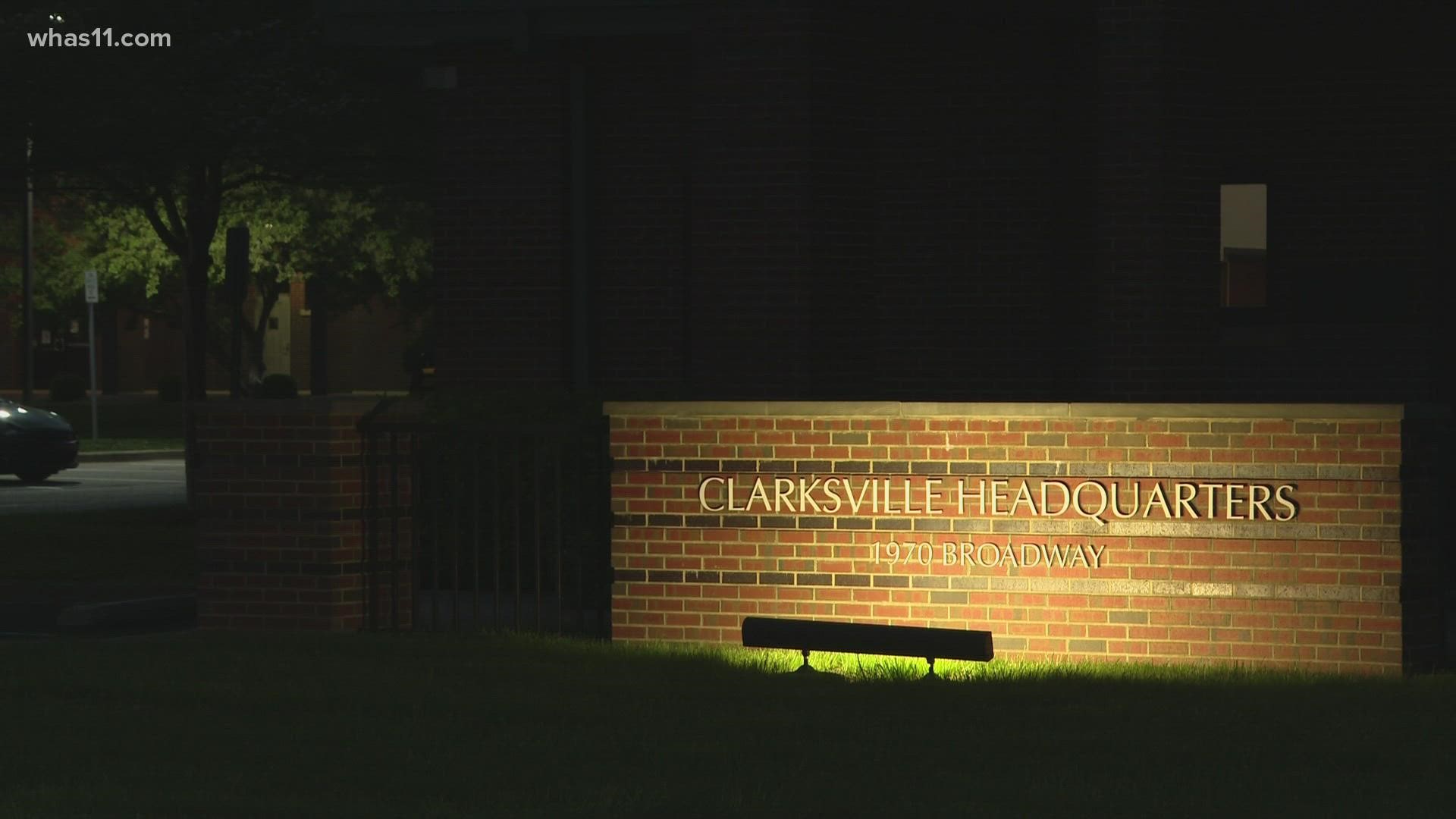CLARKSVILLE, Ind. — The U.S. Department of Justice is suing a southern Indiana town for revoking a job offer to a qualified police officer based on him being diagnosed with HIV, a lawsuit alleges.
In October of 2015, the Clarksville Police Department gave a conditional offer of employment as a police officer to a man who had been working as a volunteer reserve officer in the town for over a year.
However, the offer was contingent upon the man passing a state-mandated medical examination. During his examination, the man told the medical examiner he had HIV and was taking all the medicines his doctor had prescribed.
At the end of the appointment, the examiner noted that the man was taking the proper medications, had "no long term evidence of active disease" from his HIV and no other notable health conditions.
Despite this, the lawsuit alleges the examiner told the Clarksville police chief that in his opinion, the man didn't meet the statewide medical standards because his HIV was a “communicable disease” that posed a “significant risk of substantial harm to the health and safety” of his colleagues and the public.
The examiner cited no scientific or medical evidence to support his opinion, which goes against a body of evidence showing people with HIV can lead normal lives with proper care and treatment.
A month later the man received a letter stating his offer was rescinded because he didn't pass his medical examination. He was also fired from his position as a reserve officer.
“No qualified individual should lose a hard-earned career opportunity because of misguided views about their disability that are not supported by medicine or science,” said Kristen Clarke, of the DOJ's civil rights division. “The scientific community has agreed for years that an HIV diagnosis does not make an employee a risk to their colleagues or others.”
The man spent the next 15 months appealing his disqualification and trying to be rehired as a Clarksville officer. Eight months into his appeals, the police department acknowledged he was in fact qualified and added him back onto its police officer hiring list. However, the man was never rehired.
Eventually, the man accepted a position to work as an officer with another department.
The lawsuit says Clarksville's actions delayed the start of the man's career as a police officer which caused him "significant emotional distress, including humiliation, depression, and anxiety," and also harmed him financially.
In addition to this, the lawsuit said the gap in his resume is causing him continuing harm because it is, and will be for the entirety of his career, difficult to explain.
After seven years of fighting, the DOJ has picked up his case. The lawsuit is demanding the man be rehired as a Clarksville police officer with seniority and retirement benefits as if his employment had continued on a full-time, uninterrupted, basis since the date his conditional offer was revoked.
It also seeks damages for emotional distress and for the court to require Clarksville to modify its policies to comply with the American Disabilities Act (ADA), which the city is being accused of violating when they fired the man and rescinded his job offer.
The lawsuit also seeks required ADA training for anyone performing medical examinations or making hiring decisions.

